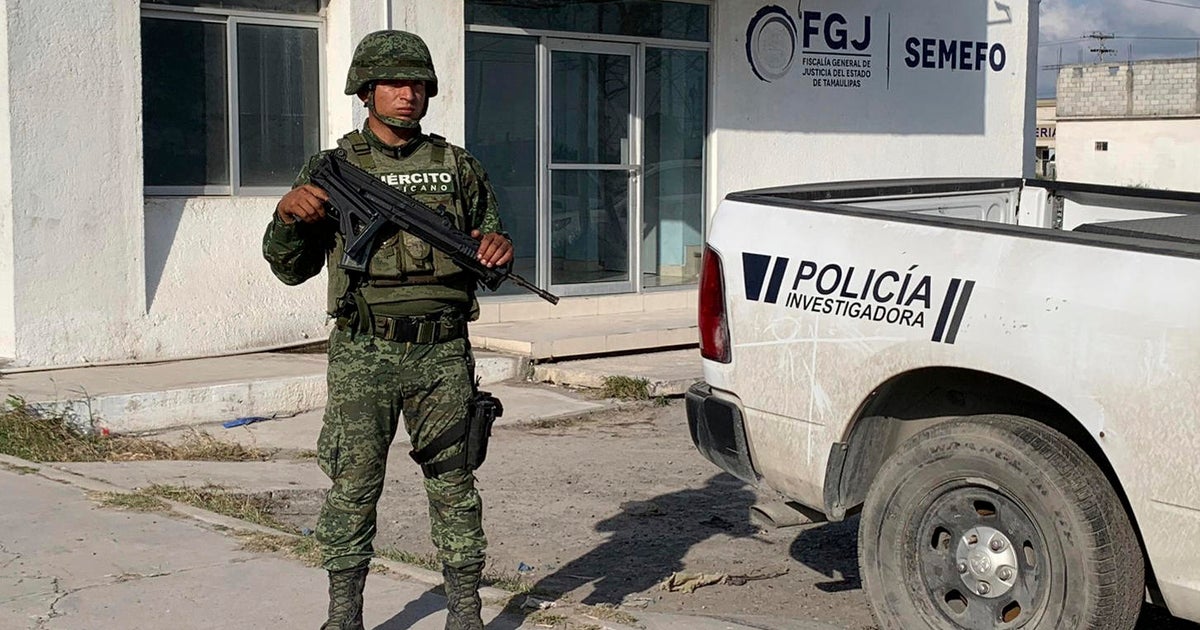U.S. tests "robot dogs" to patrol southern border
A robot modeled after man's best friend may one day help patrol the U.S. southern border.
"Don't be surprised if in the future we see robot 'Fido' out in the field, walking side by side with [Custom Border Patrol] personnel," the U.S. Department of Homeland Security said in a blog post this week.
Part of the idea is to reduce the risk to humans working in a harsh environment, including rough terrain and extreme temperatures, according to the Science and Technology Directorate, the DHS' research and development advisor.
"The southern border can be inhospitable to man and beast, and that is exactly why a machine may excel there," Brenda Long, S&T program manager, said in the post.
A more than two-year partnership with Ghost Robotics, a developer of Automated Ground Surveillance Vehicles, or AGSVs, led to the development of a 100-pound robot able to navigate steps, stairs, steep hills and bumpy terrain.
As part of Homeland Security's trial, the robots were trained at a facility in Lorton, Virginia, where they were outfitted with cameras, sensors and radios to transmit images and other data back to their human operators. The machines' ability to move on asphalt, grass and hills was also assessed.
The battery-powered robots were then moved to El Paso, Texas, where they were tested in more realistic scenarios, including simulated sentry duty in a desert area.
Ghost Robotics is a competitor of Google-owned Boston Dynamics, which created a stir on social media with a video of a door-opening robot dog a number of years ago, and has since devised a robot called Big Dog with the military in mind.
The idea of using robots for patrols is not new. An Israeli defense contractor in September unveiled a remote-controlled armed robot that it said could patrol battle zones and open fire.




